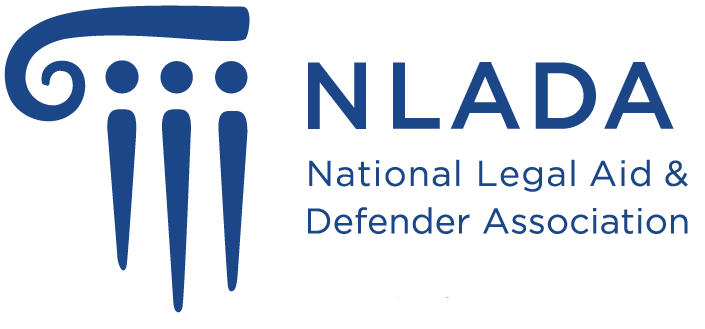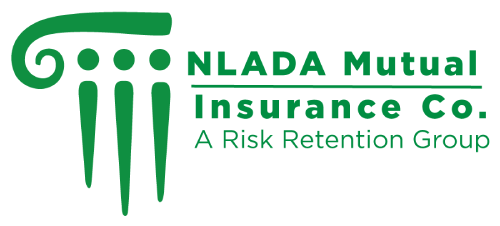
COVID-19 forced courts across the globe to close their physical doors and rely exclusively on video technology for most court proceedings, and numerous countries are considering video as a permanent fixture. Join us on April 29, 2021 at 11:00 am EST for a discussion about the past, present, and future use of video in criminal courtrooms around the world.
Portuguese ⇆ English translation available on Zoom. Click here to learn how to access zoom interpretation.
Panelist Information
Alicia Bannon, Managing Director, Democracy Program at the Brennan Center for Justice (United States)
Alicia leads the Center’s Fair Courts Project, where she directs research, advocacy, and litigation to promote a fair judicial system. Alicia has authored several nationally recognized reports and articles on judicial selection, access to justice, judicial diversity, and government dysfunction, and her writing has been featured in the New York Times, Atlantic, and Time, among other outlets.
Alicia was previously an adjunct professor at NYU School of Law, where she taught the Brennan Center Public Policy Advocacy Clinic, and at Seton Hall Law School, where she taught a course in professional responsibility and legal ethics. Prior to joining the Brennan Center, Alicia was a John J. Gibbons Fellow in public interest and constitutional law at Gibbons P.C. in Newark, New Jersey, where she engaged in a wide range of public interest litigation within New Jersey and nationally. Alicia was also previously a Liman Fellow and counsel in the Brennan Center’s Justice Program.
Alicia received her JD from Yale Law School. She clerked for Hon. Sonia Sotomayor in the United States Court of Appeals for the Second Circuit and Hon. Kimba M. Wood in the United States District Court for the Southern District of New York. She graduated from Harvard College summa cum laude with a degree in social studies. Prior to law school, she worked in Kenya and Uganda, managing impact evaluations of education and health interventions, and at the Center for Global Development in Washington, DC.
See Alicia's report on the topic: The Impact of Video Proceedings on Fairness and Access to Justice in Court. And see her essay: Remote Court: Principles for Virtual Proceedings During the COVID-19 Pandemic and Beyond
Constance Ascione Le Dréau, Independent Practitioner/ French Bar (France)
Constance is a Paris-based criminal litigator and specializes in white-collar crime, and complex and transitional criminal litigation. She was admitted to the Paris Bar in 2013 and has worked in renowned French and international law firms, including magic crime firm Allen & Overy in both Paris and London. She now works as an independent practitioner.
Constance is a member of the International Bar Association (IBA), the European Criminal Bar Association (ECBA), and is part of the Legal Expert Advisory Panel (LEAP) for the European NGO Fair Trials.
Constance also teaches at SciencesPo Paris Law School.
Dr. Otavio Pimentel, Juiz de Direito do Tribunal do Júri, Pernambuco Tribunal (Brazil)
Otavio is a law graduate from the Pontifícia Universidade Católica de São Paulo. He joined the Judiciary of the State of Pernambuco in 2005. He is a judge of law at the Jury Tribunal, which processes and judges crimes against life. He is the coordinator of a Custody Program of a judicial region, and is responsible for the implementation of arraignment hearings, which are the presentation of detainees before the judiciary.
Hugo Leonardo, President, Instituto de Defesa do Direito de Defesa (Brazil)
Hugo holds a law degree from the Universidade Presbiteriana Mackenzie (2006), a history degree from Universidade de São Paulo (2011), and a master’s degree in Economic Law from Fundação Getúlio Vargas. In addition to being the president of the Instituto de Defesa do Direito de Defesa (IDDD), he is a member of the Conselho de Prerrogativas of the Ordem dos Advogados do Brasil/ São Paulo (OAD/SP), and consultant to the Criminal and Penitentiary Policy Commission of the OAD/SP.
Hugo is the author of the chapter “Criminologia no Brasil: História e Aplicações Clínicas e Sociológicas,” a book edited by Sérgio Salomão Shecaira and Alvino Augusto de Sá (Elsevier, 2010), and of the chapters “Crime contra o Sistema Financeiro – Gestão fraudulenta e temerária” and “Crimes fiscais – Lançamento tributário definitivo como pressuposto da tipicidade,” in the book “Precedentes jurisprudenciais – v. 1” edited by Luiz Guilherme Marioni (RT, 2013). He is also the author of a chapter in the book “O Dia em que a Constituição foi Julgada” (RT, 2020), coordinated by Lenio Streck and Juliano Breda.
Hugo is the executive producer of the documentary “Sem Pena,” winner of the best film award chosen by the public at the Brasilia Festival of Brazilian Cinema, and winner of best documentary at the 41º SESC Melhores Filmes.
Hugo was a member of the Conselho Nacional de Política Criminal e Penitenciária, an entity of the Ministry of Justice, and the Comissão de Estudos de Direito Penal of the OAB-SP.
Penelope Gibbs, Director, Transform Justice (United Kingdom)
Penelope was a producer for BBC radio before being inspired to influence social change by joining the charity sector. Having first worked for the Prison Reform Trust, in 2012 Penelope set up Transform Justice - a charity which advocates for a fairer, more open, humane and effective better justice system in England and Wales. Transform Justice has published many original reports including: Justice denied? The experience of unrepresented defendants in the criminal courts; Magistrates: representatives of the people? And Defendants on video – conveyor belt justice or a revolution in access? Penelope has blogged extensively on the digital court reform programme and tweets at @penelopegibbs2.
See Penelope's publications on the topic here and lecture here.
During this webinar, you will hear from speakers in English and Portuguese. Interpretation is available on Zoom. Please click on the “globe” icon. Next, select the language that meets your needs. Next, do not click “mute original audio.” This will allow for you to hear only the language you’ve selected. You cannot listen to language interpretation if you use the dial-in or call me phone audio features. You must join the meeting audio through your computer audio (not phone).







